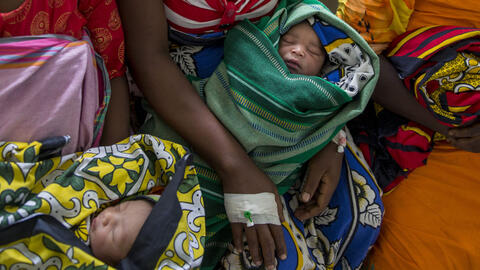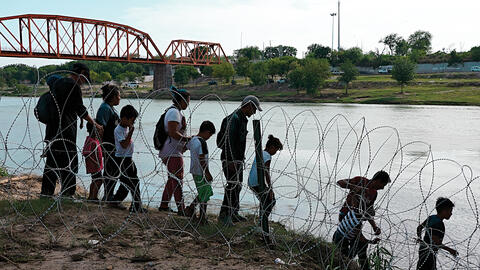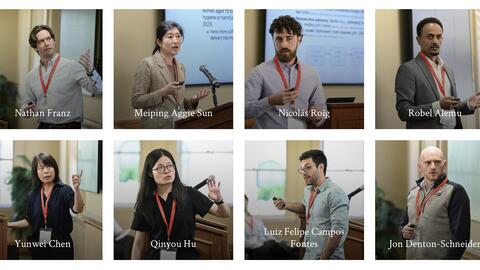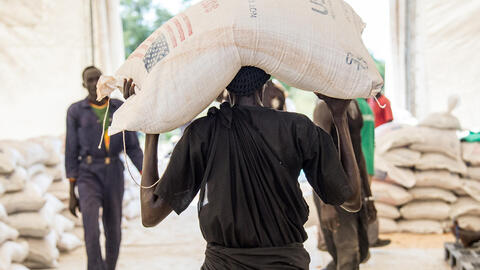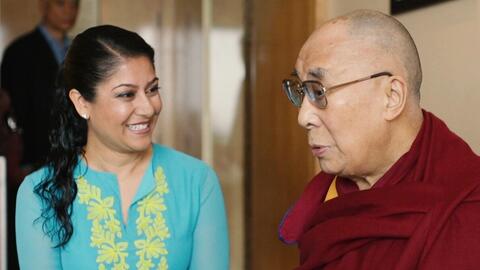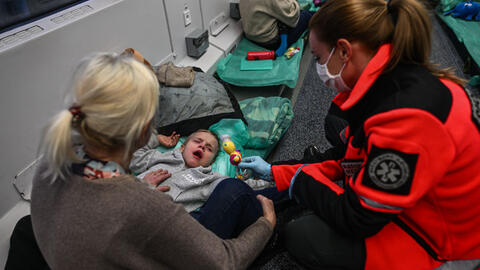Global Health
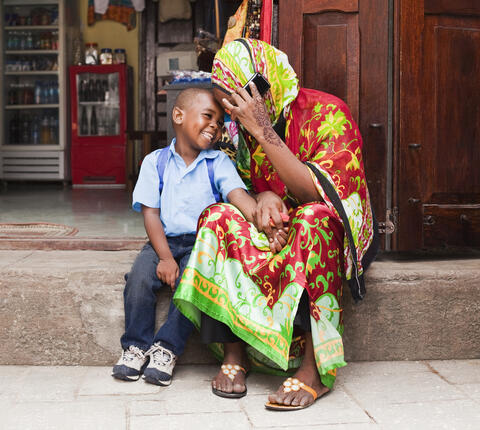
Stanford Health Policy researchers tackle the world’s most urgent health challenges—from how nations deliver and finance care to how lifesaving technologies spread across borders. Their work spans global infectious threats, bioterrorism preparedness, racial and ethnic inequities in care, and strategies to expand access for disadvantaged communities worldwide.
Video: Global Health
Global Health Video
Video: Paul Wise
Paul Wise
Publication: Documenting Child Malnutrition in Gaza
Publication: A Global Analysis of Within-Country Health Inequalities
Video: Sir Peter Piot
Sir Peter Piot
How Foreign Aid Sanctions Affect Global Health and Security
In this World Class Podcast, Ruth Gibson shares sobering new data with Michael McFaul about the adverse impact the cessation of foreign aid can have, especially on women and children.
2024 Rosenkranz Symposium Keynote: Mark Dybul
The Honorable Mark Dybul, MD, talks about the great strides in international health systems over the last 25 years—but calls on next generation to disrupt a system that has become stagnant. Dybul worked on HIV and public health for more than 25 years as a clinician, scientist, teacher, and administrator. He helped create and led the US President’s Emergency Plan for AIDS Relief (PEPFAR) and was, most recently, the Executive Director of the Global Fund to Fight AIDS, Tuberculosis and Malaria.
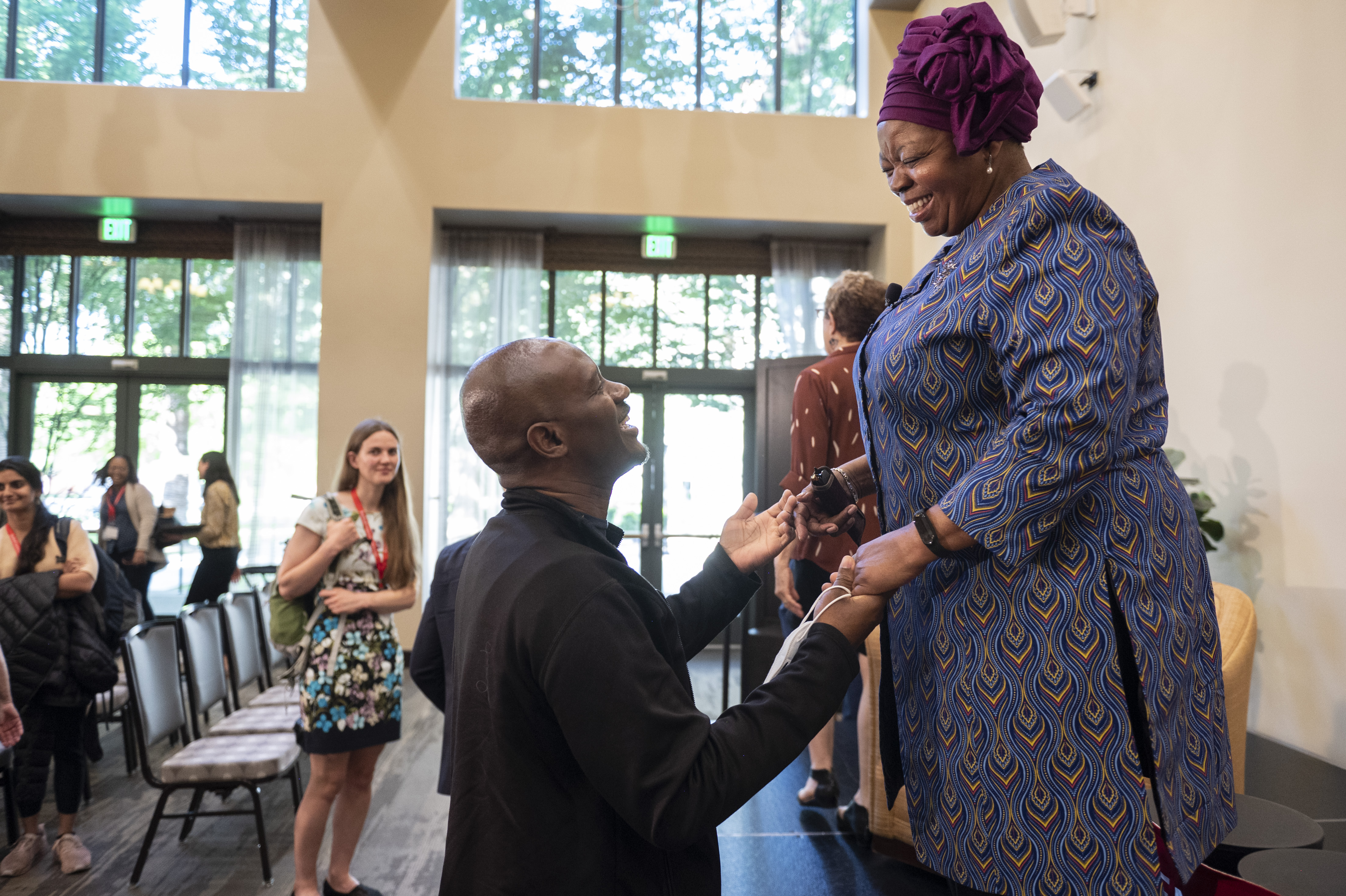
2023 Rosenkranz Global Health Symposium Keynote: Sheila Tlou
Sheila Tlou, a nurse and chancellor of Botswana Open University, was the minister of health for Botswana at the height of the HIV/AIDS epidemic. In her talk, she focuses on her personal experiences in translating and applying evidence-based decision-making to global health policy in the areas of gender, health, and HIV/AIDS.
The Dalai Lama
Piya Sorcar on meeting with the Dalai Lama: "He reminded me that service is a privilege, transforming a life’s path into one of meaning and contribution beyond the self. That reality filled me with a renewed sense of purpose and strength. He held my hand throughout our conversation, as if sensing the conflict within me. That simple gesture—his presence, his calmness—was profoundly healing."

